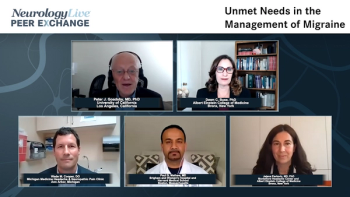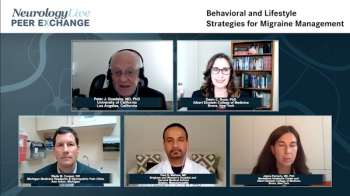
News

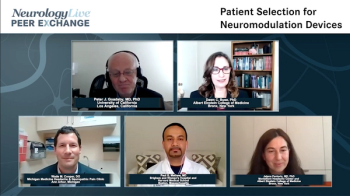
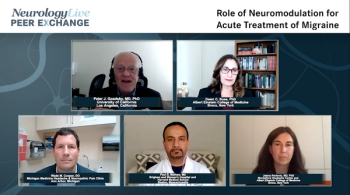
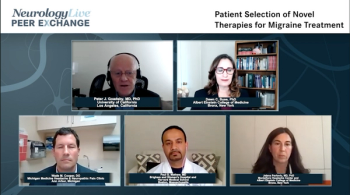
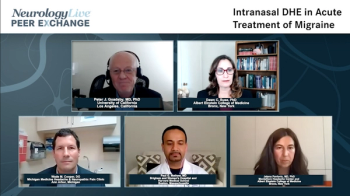
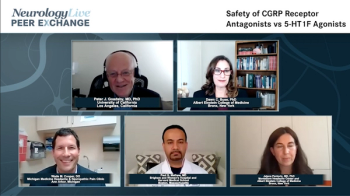
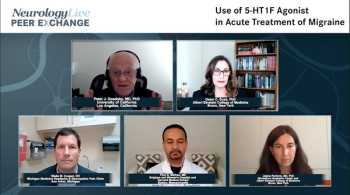
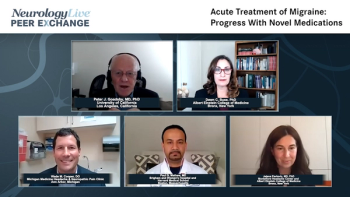
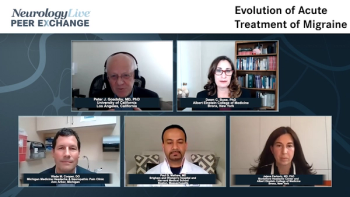
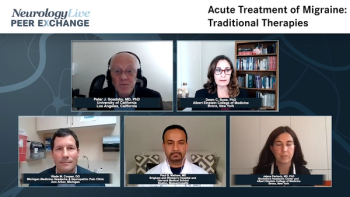

Patients treated surgically reported better outcomes, including reduced AED use, higher rates of survival, and fewer epilepsy-related ED visits, hospitalizations, and outpatient visits.

The Medical Director of The Neuroscience Institute at UW Medicine Valley Medical Center discussed the landscape of therapy for tonic-clonic seizures and how lacosamide might fit into the paradigm.

The professor of neurology at the NYU Langone Grossman School of Medicine discussed a recent study she and colleagues conducted on new neurological disorders in patients with COVID-19.

The FDA told Xeris that it could advance diazepam directly into a phase 3 registration study for both pediatric and adult patients with epilepsy after reviewing phase 1b results.
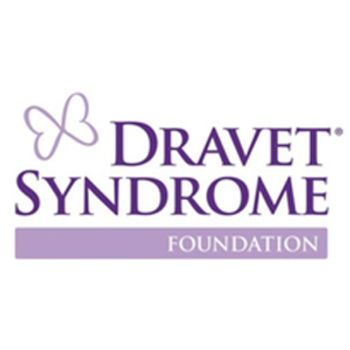
The educational webinar series will feature 7 of the world leaders in Dravet Syndrome and will conclude on November 16 with a presentation from Ian Miller, MD.
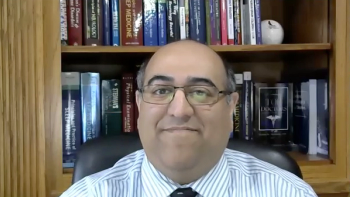
The associate professor of neurology at Washington University in St. Louis discussed the challenges that sleep specialists continue to face despite a number of recent advances in the space.

Kristina Simonyan, MD, PhD, DrMed, and Davide Valeriani, PhD, discussed the translational potential of DystoniaNet, and its potential to be adjusted for use in additional disease states.
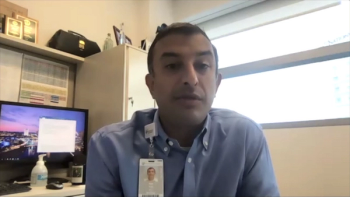
The section chief of pediatric neurology at Nationwide Children’s Hospital discusses some of the challenges that patients with Lennox-Gastaut syndrome and their caregivers face.

Constantino Iadecola, MD, discusses the interaction of vascular risk factors and the shortcomings of our current clinical approach to Alzheimer disease.

The Theranica Biotherapeutics remote electrical neuromodulation device is now cleared for the acute treatment of migraine with or without aura in adults, without limitation to episodic migraine.

Zosano plans to request a Type A meeting with the FDA to discuss strategies to address the FDA’s comments regarding the new drug application.

The director of the VA Southwest Parkinson’s Disease Research, Education and Clinical Centers explained how preventing social isolation—particularly in the time of COVID-19—can help prevent worsened disease states in patients.

Addressing sleep apnea at a physiological level may reasonably be more effective and have fewer adverse effects than more traditional treatment modalities that may only target one mechanism.
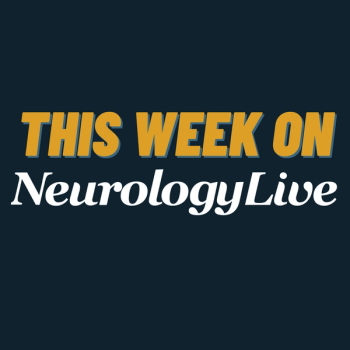
Here's what is coming soon to NeurologyLive.

Guest editor in chief Jessica Ailani, MD, FAHS, FAAN, provides an overview of the challenges and benefits associated with telemedicine.

The lead investigator of the study and assistant professor of neurology at University of Colorado School of Medicine, Jacob Pellinen, MD, spoke to the importance of identifying nonmotor seizures.

A number of poster presentations suggest that fenfluramine (Fintepla; Zogenix) offers a high percentage of patients with Dravet syndrome an opportunity to reduce monthly convulsive seizure frequency
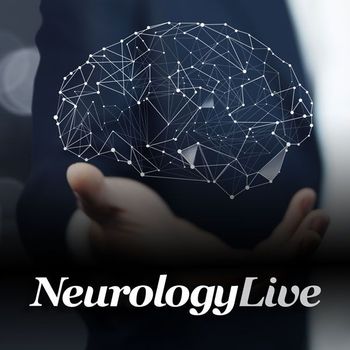
Despite the continual epilepsy treatment landscape growth, there are only a few if any approved therapies for rare developmental and epileptic encephalopathies.

Neurology News Network for the week ending October 24, 2020.

